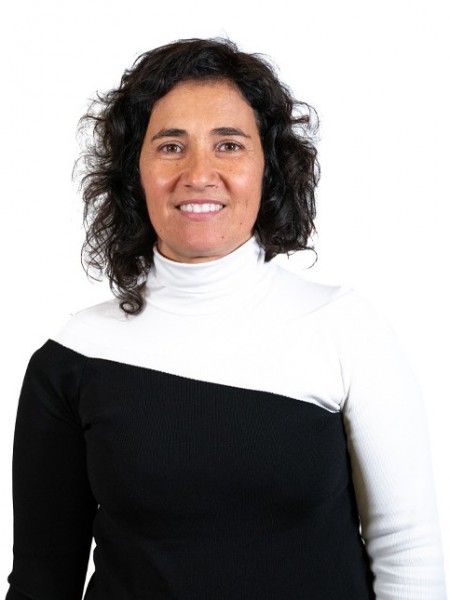abstract
Magnetite nanoparticles were synthesized by the co-precipitation method exploring the use of gelatine and agar as additives. For comparison, magnetite nanoparticles were also prepared by standard co-precipitation, by co-precipitation with the addition of a surfactant (sodium dodecyl sulphate) and by the thermal decomposition method. The structure and morphology of the synthesized nanoparticles were investigated by powder X-ray diffraction and transmission electron microscopy. Their magnetic properties were studied by SQUID magnetometry and Fe-57 Mossbauer spectroscopy. The nanoparticles potential for applications in magnetic hyperthermia was evaluated through heating efficiency under alternating magnetic field. The results show that all synthesis methods produce Fe3-xO4 nanoparticles with similar sizes. The nanoparticles synthesized in the gelatine medium display the narrowest particle size distribution, the lowest oxidation degree, one of the highest saturation magnetization values and the best hyperthermia efficiency, proving that this gelatine-assisted synthesis is an efficient, environmental friendly, and low-cost method to produce magnetite nanoparticles.
keywords
IRON-OXIDE NANOPARTICLES; COPRECIPITATION SYNTHESIS; ROOM-TEMPERATURE; POWER ABSORPTION; SIZE; FUNCTIONALIZATION; RELAXATION; CHLORIDE; SHAPE
subject category
Chemistry; Science & Technology - Other Topics; Materials Science
authors
Alves, AF; Mendo, SG; Ferreira, LP; Mendonca, MH; Ferreira, P; Godinho, M; Cruz, MM; Carvalho, MD
our authors
acknowledgements
This work was carried out with the support of Portuguese FCT foundation through project PTDC/CTM-BIO/2102/2012 (including grants for S. G. Mendo and A. F. Alves under the same contract) and by centres grants (BioISI, centre reference: UID/MULTI/04046/2013, and CQB, centre reference: UID/MULTI/00612/2013) from FCT/MCTES/PIDDAC, Portugal. This work was also developed in the scope of the project CICECO-Aveiro Institute of Materials POCI-01-0145-FEDER-007679 (Ref. FCT UID/CTM/50011/2013), financed by national funds through the FCT/MEC and when applicable co-financed by FEDER under the PT2020 Partnership Agreement. PF acknowledges the Investigator Fellowship IF/00327/2013.


